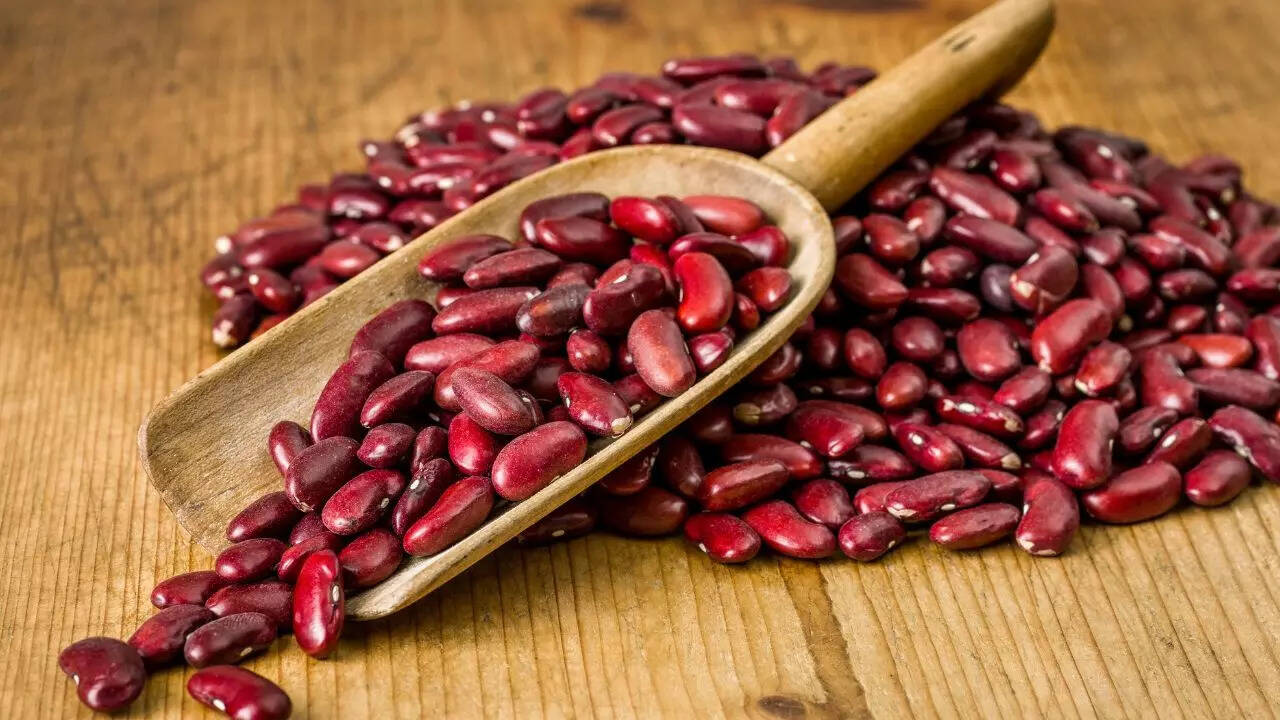Many people notice that certain foods resemble body parts and wonder if they offer specific health benefits, and science shows some of these connections hold true. For example, some foods contain nutrients that support the health of the organs they resemble, like beta‑carotene for eye health or omega‑3s for brain function. While these resemblances may seem coincidental, these foods provide targeted nutritional benefits that can promote overall wellness. Incorporating a variety of such nutrient-rich foods into your diet can help support different body systems naturally and effectively.
How certain foods naturally support the organs they resemble
1. Carrots for the eyes

Carrots are high in beta‑carotene (a precursor to vitamin A) and lutein, both proven to support vision and reduce cataract risk. Women consuming two or more servings per week may reduce glaucoma risk. 2. Walnuts for the brain

Walnuts contain omega‑3 fatty acids, vitamin E, folate, and antioxidants that support cognitive function and protect against oxidative stress in the aging brain 3. Ginger for the stomach

Ginger contains gingerol and other compounds known to relieve nausea (including motion sickness and chemotherapy side effects) and assist digestion through anti‑inflammatory effects 4. Tomatoes for the heart

Tomatoes are packed with lycopene, a potent antioxidant linked to lower risk of cardiovascular disease and improved heart health when consumed with healthy fats like olive oil 5. Kidney beans for kidney health

Kidney-shaped beans are rich in fiber, potassium, magnesium, and antioxidants, helping stabilise blood sugar, lower cholesterol, and support kidney function 6. Citrus fruits for breast health

Citrus fruits (like oranges, grapefruit) are high in vitamin C, β‑cryptoxanthin, and quercetin, nutrients associated with reduced risk of breast cancer and improved lymphatic flow 7. Grapes for lung health

Grapes and their seeds contain anthocyanins and proanthocyanidins with anti-inflammatory and antioxidant effects that support lung function and may lower asthma or emphysema risk8. Sweet potatoes for the pancreas

Sweet potatoes resemble the pancreas and contain potassium, beta‑carotene, and vitamin B6. They help regulate blood sugar and may ease pancreatic workload, which is beneficial in diabetes management
Practical tips for incorporating these foods
- Mix and match meals: Add walnuts to morning oatmeal, sauté ginger in stir-fries, snack on figs, and enjoy avocado in salads.
- Pair for absorption: Combine tomatoes with healthy fat (olive oil or avocado) to increase lycopene uptake.
- Balance variety: Use these foods within a well-rounded, whole‑food diet—don’t rely on one food exclusively.
Also read | Does eating too much fruit increase blood sugar levels and cause type 2 diabetes? Here’s what you need to know







